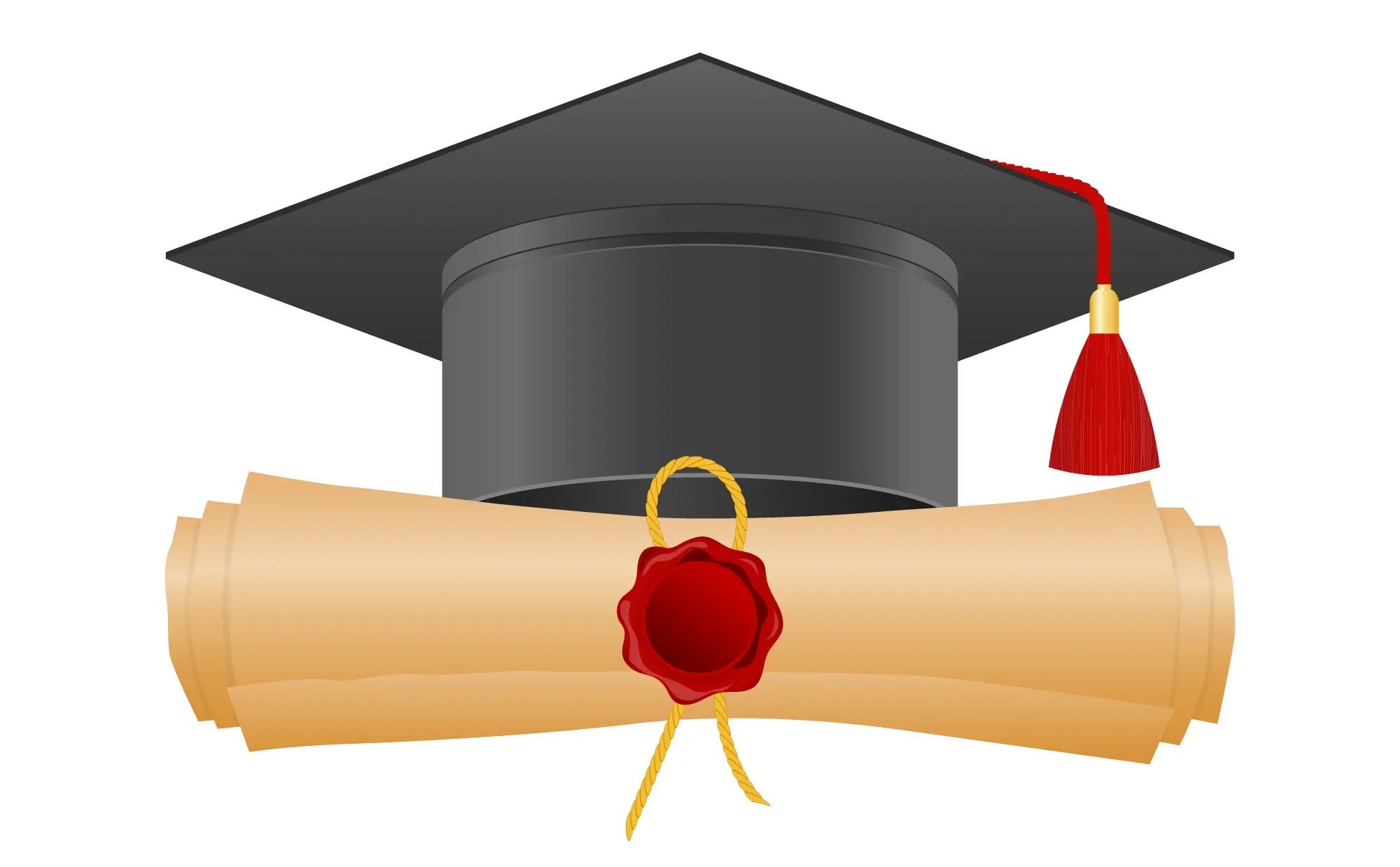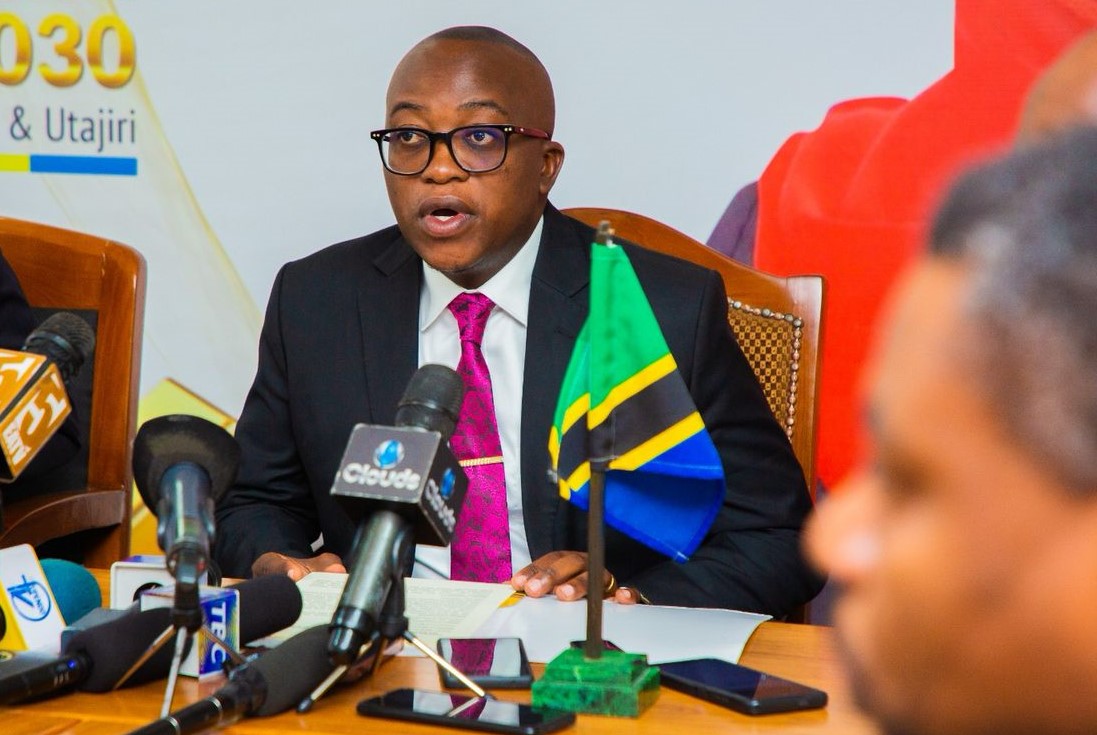Tuition fees in private schools ‘unaffordable’

Students during a study tour of Mwananchi Communications Limited newsroom. PHOTO | FILE
What you need to know:
Each private school has been charging any amount of tuition fee and other contributions without justifiable grounds. Private schools fall into two categories viz those owned by religious institutions and those owned by individual persons. Some of these schools do charge high fees plus other contributions to compensate the cost of buildings, laboratories and so on. Unfortunately, the fees charged do not reflect the quality of both education and other services provided by such schools.
Dar es Salaam. For many years now tuition fees charged by owners of private primary and secondary schools have remained unregulated, thus making owners of private schools do what they like. The area, which has been disputed by both the public and private sectors is fee structure.
Each private school has been charging any amount of tuition fee and other contributions without justifiable grounds. Private schools fall into two categories viz those owned by religious institutions and those owned by individual persons. Some of these schools do charge high fees plus other contributions to compensate the cost of buildings, laboratories and so on. Unfortunately, the fees charged do not reflect the quality of both education and other services provided by such schools.
Of late, there has been an exchange of words between the Ministry of Education, Science and Vocational Training, on the one hand, and the association of private school owners on the other, on the legitimacy of charging high fees accompanied by other contributions.
While we have every reason to appreciate the private sector’s contribution to complement government efforts in the provision of education to Tanzanian children, we must condemn owners of schools exploiting their fellow Tanzanians on the pretext of providing education to their children.
Every person of sound mind understands that the provision of education by the private sector is cost based, but that shouldn’t justify abuse of educating children. There are so many schools, both of religious institutions and individual persons, which benefit the slackness of the Ministry of Education, Science and Vocational Training in not regulating fees charged by the private sector.
For instance, the cost of enrolling a child in Form 1 is as higher as three to Sh7 million per year. After completion of Form 1, the parent will continue receiving compulsory requests from the school to contribute money to various school activities, sometimes not less than Sh300,000) per every term or every academic year. This is exploitation!
Let me give an example of one secondary school owned by a religious institution. A students starting the first year was supposed to pay Sh1,800,000 as tuition fee per annum, while various contributions amounted to Sh120,000. That is use of laboratory Sh20,000, motivation for students Sh20,000, contribution for books Sh20,000, repair of buildings Sh50,000 and security Sh10,000.
In the second year, tuition fee remained the same, but compulsory contribution were once again requested in the same items and new ones added.
These included: national Form 2 examinations Sh15,000, mock exam Sh10,000, laboratory use Sh40,000, books Sh40,000, motivation Sh30,000, building repairs Sh70,000, security Sh20,000, others Sh35,000 - the total Sh260,000.
My child has finished Form 2, but for next year, tuition fee has been raised by Sh200,000. Therefore, I will have to pay Sh2 million per annum, but as usual more contributions are to be paid together with tuition fee. Almost the same items repeating as follows: motivation for students and teachers Sh50,000, science exercises Sh50,000, building repairs Sh70,000, books Sh50,000, security Sh20,000, Tacassu Sh25,000, exams Sh5,000, sports Sh10,000, graduation Sh25000, one paper ream Sh12,000 - the total being Sh317,000. Are these charges really justifiable?
Why a secondary school student must contribute each year for an average of Sh70,000 for building repairs? Is it possible for school administration to repair or renovate its buildings every year with such a huge amount of contribution from each student? When I asked my child if they had been using the laboratory for the first two years of secondary school, the answer was No.
They haven’t done any practical for last two years, but for two years I have been contributing about Sh150,000 for laboratory use, which my child has not even used it. Is this not theft in the name of contribution to child’s education? It’s wrong for the private sector to provide education on the basis of profiteering. Apart from high tuition fees the private sector charges, services like food are of poor quality without taking into consideration that the children are still growing, thus need a balanced diet.
Let’s assume each class has 50 students, which is a normal number in many private schools, each student to contribute Sh70,000, thus the total money contributed for renovating school buildings each year for one classroom is 50 x Sh70,000, which is equal to Sh3.5 million.
This means every year that classroom or building will be repaired or renovated using Sh3.5 million. Is this genuine business? Does this religious institution serve the public with integrity? I doubt. We would like the responsible authorities to intervene and stop this theft behind the provision of education. The example I have given is for schools, which we can say are for poor families.
Furthermore, there is a new trend adopted by almost all private secondary schools, in particular, those of high academic reputation for what they call pre-Form 1 courses, where those who have been admitted to such schools are supposed to attend the courses for five or six weeks while paying Sh400,000 to Sh600,000 per student.
As if this is not enough, every pupil once selected to join a secondary school is supposed to pay not less than Sh150,000 as registration costs. It is a high time now for the government to regulate the private sector in providing education to Tanzanian children.
There is another craftiness done by these schools to collect disgraceful money. During preliminary exams for selecting students for Form 1, they provide countless forms for exams whereby for schools with the best academic reputation can give a few forms and parents will collect them for their children. One form is Sh20,000.
or 6,000 or more applicants the school administration will collect not less than Sh120 million.
This kind of harvest lacks justification because most of these schools take only 120 students. This is another form of collecting money from parents knowing that only a few of them will be selected.
Furthermore, these schools have designed a mechanism of getting children with the highest intelligent quotient (IQ) and millions of shillings without toiling. Because public the education system has collapsed, and parents who care for the education of their children cannot dare sending them to public schools, which lack not only books and desks, but also latrines.
The government of CCM has for three decades now left our education in shambles. We need revolution in public education. While the CCM government has failed us for all these decades. We hope Magufuli’s government will go for change and thus save us from exploitation. Our fellow Tanzanians in private schools, please, embrace integrity in your provision of education.
Let’s remind ourselves of this statement on integrity by Dean O’Hare, US Insurance broker: “A culture that values integrity combined with management that tries to address potential causes of unethical behavior, is perhaps the best means of ensuring integrity in business”.



